China boosts defense spending amid 'escalating' US threats
China said Sunday its military spending would rise at the fastest pace in four years, warning of "escalating" threats from abroad, as Premier Li Keqiang warned “external attempts to suppress and contain China are rising.
Beijing announced a huge 7.2 percent increase in defense budget for 2023 at a meeting of its rubber-stamp parliament that will hand Xi Jinping a third term as president. It outpaced last year's increase and faster than the government's modest economic growth forecast.
Military expenditure is expected to rise to 1.55 trillion Yuan ($224 billion) in the coming year, according to China’s Ministry of Finance's annual report released Sunday morning at the start of the National People's Congress (NPC) in Beijing.
In his report to delegates of NPC, Li stressed that military operations, capacity building, and combat preparedness should be “well-coordinated in fulfilling major tasks.”
“Our armed forces, with a focus on the goals for the centenary of the People’s Liberation Army in 2027, should work to carry out military operations, boost combat preparedness and enhance military capabilities,” he said.
The increase in the defense budget marks the eighth consecutive year of single-digit percentage point increases in what is now the world’s second-largest military budget.
In congress, a GDP growth target of “around 5 percent” was announced for 2023, one of the lowest in decades. Last year, China posted just three percent growth, missing its stated target of around 5.5 percent by a wide margin as the economy was strained under the impact of strict Covid-19 outbreaks and restrictions.
“Chinese leaders are clearly intensifying efforts to prepare the country militarily to meet all potential security challenges, including unexpected situations,” Li Mingjiang, a professor of International Studies said, referring to the greater pressure on China’s external security environment, especially from the United States.
Experts believe that China will use its defense budget to build up its cyber and space capabilities, and its submarine forces, as well as strengthening the new area of cognitive warfare over the Chinese Taipei.
China's reported defense budget in 2023 is around one-quarter of proposed US spending as the fiscal 2023 US defense budget authorizes $800 billion in military spending and includes funding for purchases of weapons, ships, and aircraft, and support for Taiwan and Ukraine.
China has long argued that it needs to close the gap with the US. Beijing owns the world's largest standing army and navy and recently launched its third aircraft carrier.
The year 2022 saw a spike in US-China tensions as Beijing launched its largest military maneuvers in decades following Nancy Pelosi, former US House Speaker’s controversial and ill-timed visit to Taiwan in August.
China sees the self-ruled island as part of its territory and has already warned Washington against playing with fire, vowing to punish those who ignore Beijing’s warnings.
Back in September, the administration of US President Joe Biden approved over $1.1 billion in arms sales to Chinese Taipei, the largest in his tenure, which included up to 60 anti-ship missiles and up to 100 air-to-air missiles.
It came as already fraught relations between Washington and Beijing have worsened amid the balloon row last month, with both sides trading barbs.
The US claimed the unmanned balloon was equipped to detect and collect intelligence signals, but Beijing insisted that the airship was used for meteorological and other scientific purposes and had strayed into US airspace “completely accidentally.”
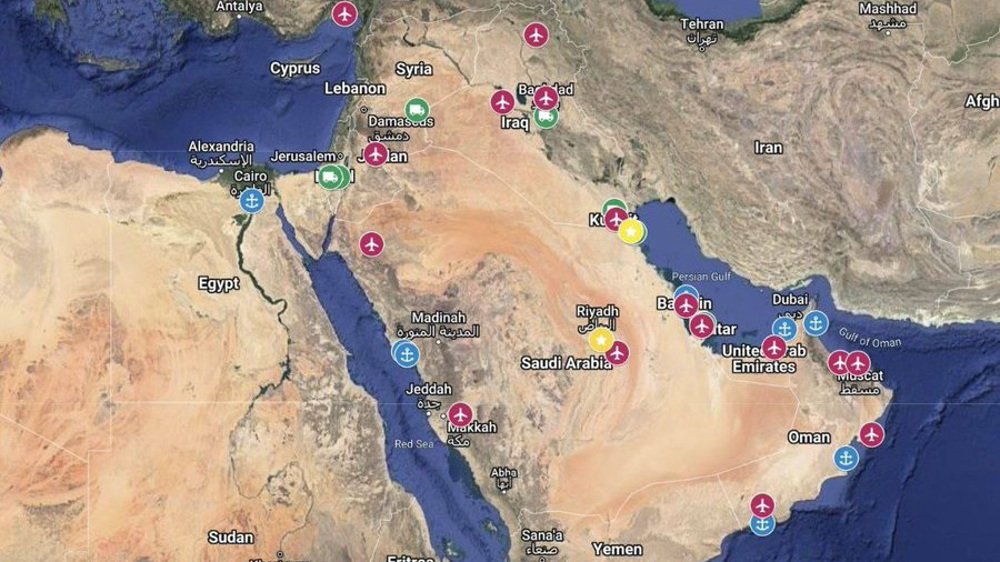
US militarization in West Asia reaches unprecedented levels: Report
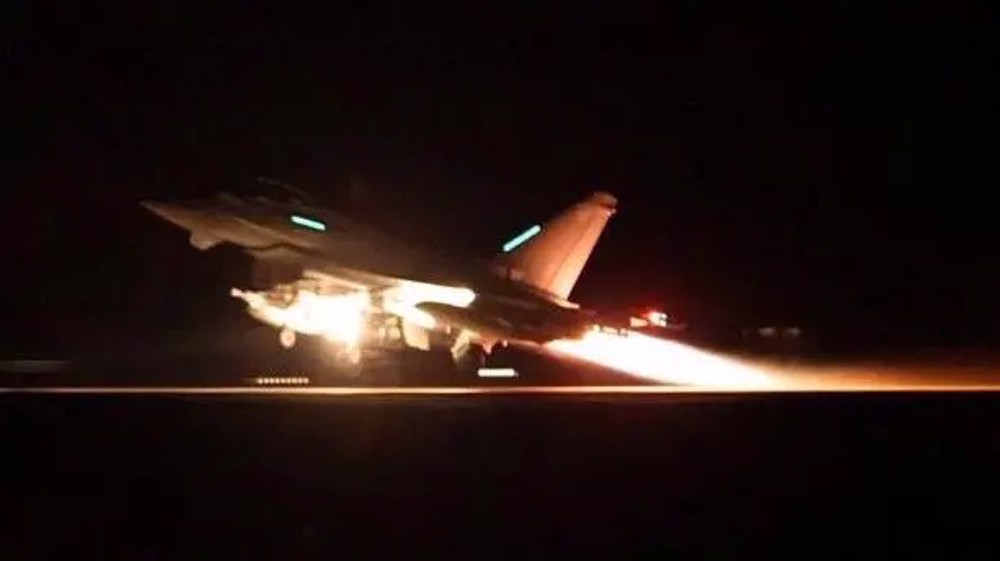
Report: Saudi, UAE, Qatar, Kuwait ban US warplanes for strikes
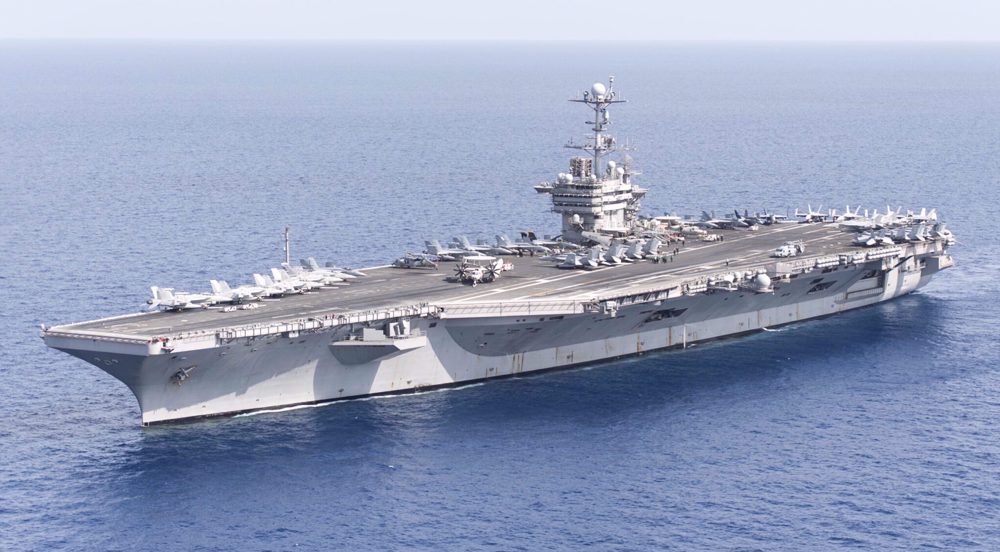
Yemeni forces attack US aircraft carrier with cruise missiles, drones
Death toll from Myanmar quake rises to over 3,085
US militarization in West Asia reaches unprecedented levels: Report
VIDEO | The 1992 Clonoe Killings
VIDEO | Columbia University students chain themselves to gate in support of Mahmoud Khalil
Hungary to quit ICC as fugitive Israeli PM visits European state
IRGC: Resistance front will end Israel’s ‘disgraceful’ existence
EU calls Trump tariffs ‘major blow to world economy’ as China vows retaliation
VIDEO | Press TV's news headlines


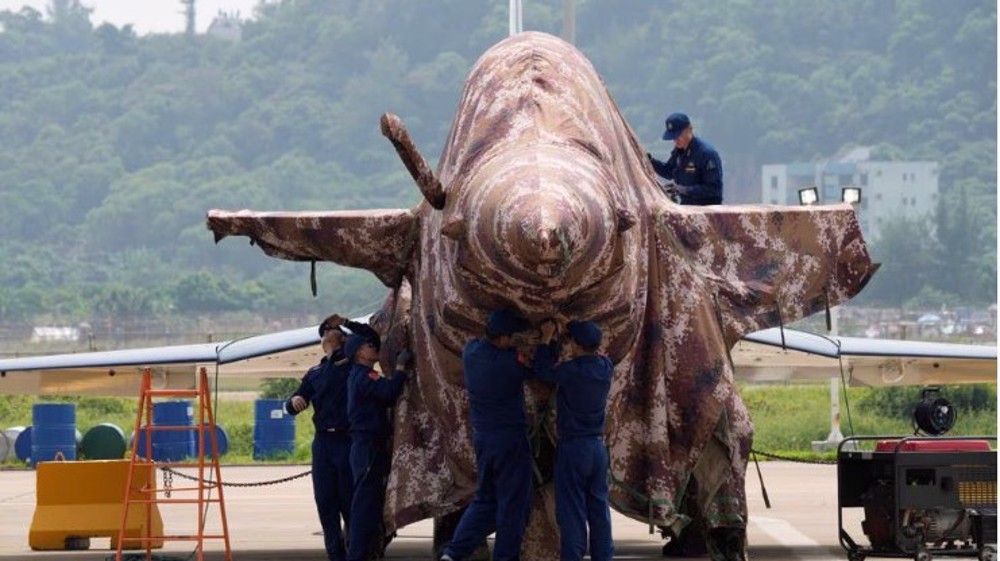




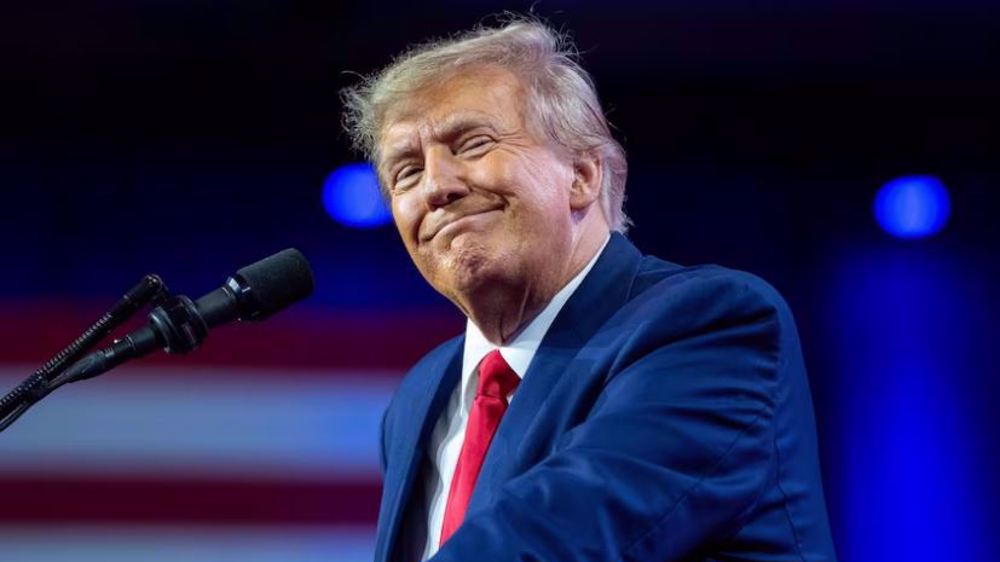





 This makes it easy to access the Press TV website
This makes it easy to access the Press TV website